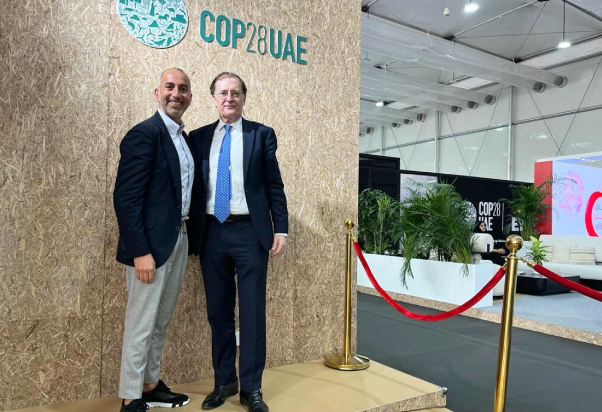The Emerging Africa Infrastructure Fund (EAIF) has announced a $30m senior secured loan facility for Madagascar-based Axian Energy. The facility is intended to support the company in rolling out 460 MW of new renewable energy generation capacity over the next 10 years.
EAIF has a mandate to provide concessional lending facilities for private sector infrastructure projects in Africa. The fund is part of the Private Infrastructure Development Group (PIDG), which is in turn owned and funded by six donor governments and the International Finance Corporation. Ninety One, an asset management firm headquartered in London and Cape Town, is the fund manager for EAIF.
Tidiane Doucoure, director at Ninety One, told African Business that Axian Energy’s planned projects would help to “diversify energy sources across the continent”, including through greenfield solar projects, along with mini-grids and battery energy storage. He adds that EAIF’s lending facility will “de-risk” projects, “making them more attractive to additional investment and improving supply reliability in line with international standards.”
Madagascar, where Axian Energy is based, suffers from some of the lowest electricity access rates in the world. According to the World Bank, only one-third of the population has access to electricity, leaving some 18m people without power.
In addition to investing in Madagascar, Axian Energy also has plans to launch projects in countries including Cabo Verde, Gabon, Mozambique, Rwanda, Sao Tome and Principe, Senegal and Tanzania.
Concessional financing
The announcement is the latest in a flurry of energy sector deals to be announced in Africa in the wake of COP28 in Dubai and September’s Africa Climate Summit in Nairobi.
While the pressing need for solutions to Africa’s chronic electricity problems is widely recognised, questions remain about the financial viability of investing in projects that serve low-income communities, particularly in rural areas.
Doucoure points out that distributed energy solutions, including mini-grids, can produce cost savings because they avoid the need for transmission infrastructure. These lower costs are reflected in lower tariffs, he says.
He acknowledges that projects developers need to be innovative in developing methods to ensure they can recoup costs. “Making these projects more economically viable demands assurance around payback, facilitating the need to improve the convenience of payment for people in these communities, such as pay-as-you-go systems through mobile phones.”
“Improving access to reliable electricity connections can enhance the economic productivity of individuals,” Doucoure adds. “This, in turn, improves their financial circumstances, improving their ability to pay tariffs but also incentivises them to do so.”
Many more deals of this nature will be needed to make a serious dent in Africa’s electricity crisis. Hassanein Hiridjee, CEO of the Axian Group – the parent company of Axian Energy – told African Business in the wake of COP28 that concessional finance mechanisms would need to scale-up in order to accelerate the energy transition in Africa and help extend electricity access across the continent.
And a report published by the International Energy Agency and the African Development Bank in September noted that Africa receives just 2% of global funding for clean energy, despite boasting around 20% of the world population.
The report highlighted that concessional finance will need to play a key role in accelerating investment. It estimates that $28bn per year in concessional capital will be needed to mobilise $90bn in private sector investment by 2030 – more than ten times the current level.
Want to continue reading? Subscribe today.
You've read all your free articles for this month! Subscribe now to enjoy full access to our content.
Digital Monthly
£8.00 / month
Receive full unlimited access to our articles, opinions, podcasts and more.
Digital Yearly
£70.00 / year
Our best value offer - save £26 and gain access to all of our digital content for an entire year!

 Sign in with Google
Sign in with Google 



